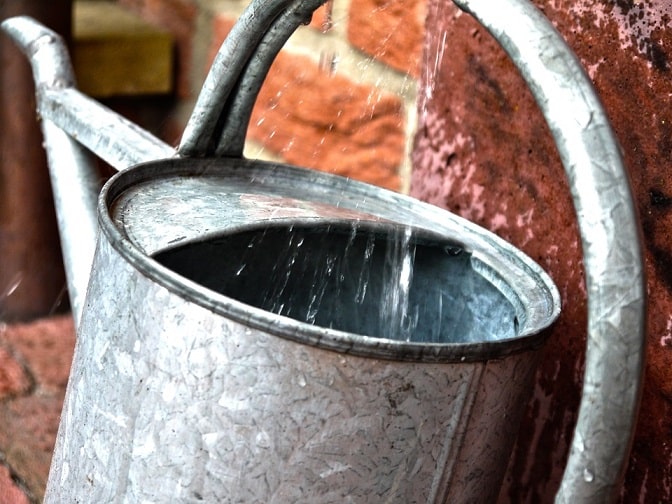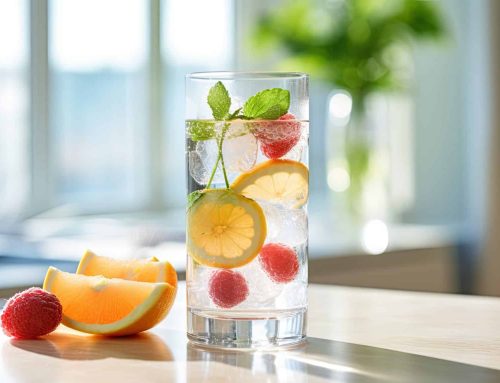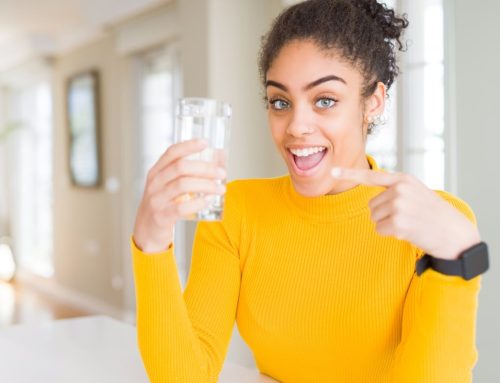Water is life and we need it for drinking, bathing, agricultural purposes, for animals, for energy and many other critical needs, but what happens when tragedy strikes? If there is a tsunami, hurricane, earthquake or nuclear disaster in your area, would you have access to at least fresh drinking water?
Basically, anything that can cause flooding, a blackout, or damage to infrastructure could affect local water supplies which can become contaminated very easily causing illness and even death.
While governments and local water companies will do their utmost to resolve any water supply problems as quickly as possible, do you know what you can do to get potable drinking water in the meantime so that you and your do not get dehydrated or ill from waterborne diseases?
Here are some easy steps to a supply of safe and clean drinking water during an emergency:
Boiling water before using or drinking it is a good way to kill most bacterial contaminants, which would be fine during flooding or an earthquake but will not suffice in the case of a nuclear disaster because although boiling will kill biological contaminants in water, it will not remove biological contaminants or endotoxins created when biological contaminants die. IN retrospect, boiling this water could actually concentrate other contaminants such as heavy metals.
Chlorination also kills bacteria and biological contaminants in water but does nothing to remove dead biological contaminants or other contaminants.
Filtering should only be done on potable water as it does not remove most of the contaminants in the water after a disaster. Filters, including reverse osmosis filters, could become a breeding ground for bacteria and could fail without you even realising it, allowing contaminants to pass through.
Distilling the water is the only process that will protect you against a broad spectrum of contaminants as well as kill and remove biological contaminants. Distillation is a process of separating the component or substances from a liquid mixture by selective evaporation and condensation – boil the water and catch the condensed vapour (steam) in a separate container. Distillation will provide you with the purest drinking water.






